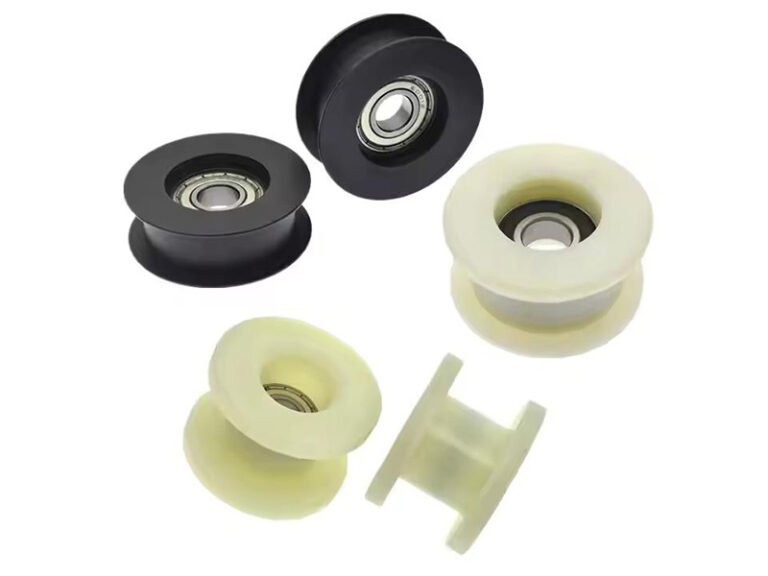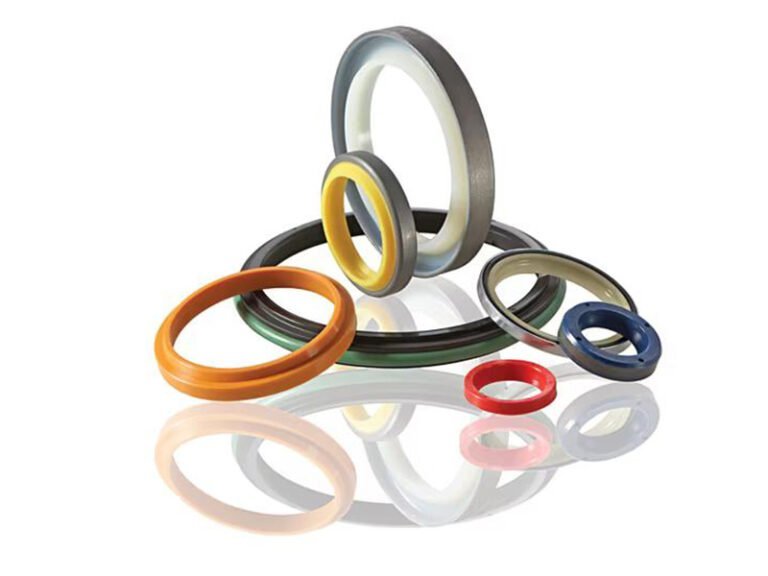Plastic enclosure applications are diverse because of their durability, lightness, and customizability. They are commonly used in numerous industries, from sleek electronics to industrial machinery, from medical equipment to automotive parts. In this post, we delve into the plastic enclosure world and explore plastic enclosure benefits and applications.
What is Plastic Enclosure?
Plastic enclosures are protective casings made from various types of plastic materials, such as ABS, polycarbonate, or fiberglass-reinforced polyester. Their primary purpose is to shield electronic components, devices, or equipment from external factors such as moisture, dust, vibration, and impact. By providing a secure and enclosed environment, plastic enclosures safeguard sensitive electronics and machinery, ensuring their functionality and reliability over time.
Features of Plastic Enclosure:
Durability: Plastic enclosures can withstand tough environmental conditions, including temperature extremes, moisture, chemicals, and physical impact. Materials like polycarbonate and ABS offer high impact resistance, ensuring the protection of enclosed components.
Lightweight: Compared to metal enclosures, plastic enclosures are significantly lighter, making them ideal for portable devices and applications where weight is a concern. Their lightweight nature also facilitates easier installation and transportation.
Customization Options: Plastic enclosures can be easily customized to meet specific design requirements. Manufacturers offer a variety of options, including different sizes, shapes, colors, and mounting configurations. This flexibility allows for tailored solutions to fit unique application needs.
The Benefits of Plastic Enclosure
Cost-Effectiveness: Plastic enclosures typically offer a more economical solution compared to metal enclosures. The materials used in plastic enclosure fabrication are often less expensive, and manufacturing processes, such as injection molding, can be more efficient, resulting in lower production costs.
Corrosion Resistance: Unlike metal enclosures, plastic enclosures are inherently resistant to corrosion, rust, and degradation caused by exposure to moisture, chemicals, and environmental elements. This corrosion resistance extends the lifespan of the enclosure and the equipment it houses, reducing maintenance requirements and replacement costs.
Ease of Manufacturing: Plastic enclosures can be manufactured using various techniques, such as injection molding, thermoforming, or rotational molding, which offer high levels of precision and consistency. These manufacturing processes are well-suited for mass production, allowing for rapid and cost-effective production of large quantities of enclosures.
Design Flexibility: Plastic materials offer greater design freedom compared to metal, allowing for intricate shapes, textures, and features to be incorporated into the enclosure design. This flexibility enables designers to optimize the enclosure for functionality, aesthetics, and ergonomics, enhancing the overall user experience.
Electrical Insulation: Plastic enclosures provide electrical insulation properties, helping to protect electronic components from electrical interference and ensuring safe operation. This insulation also reduces the risk of electrical hazards and improves the reliability of sensitive electronic devices.
What Are the Plastic Enclosure Applications?
Plastic enclosures are applications across a wide range of industries and products due to their versatility, durability, and cost-effectiveness. In the next parts, we will introduce some common plastic enclosure applications:
Plastic Enclosure Applications in Electronics Industry
Consumer Electronics: Plastic enclosures are widely used in consumer electronics such as smartphones, tablets, and laptops to house electronic components and protect them from damage.
Industrial Control Systems: In industrial settings, plastic enclosures house control panels, PLCs (Programmable Logic Controllers), and other electronic devices, providing protection against dust, moisture, and electrical interference.
Telecommunications: Plastic enclosures are utilized in telecommunications equipment such as routers, modems, and networking devices to ensure the reliability and performance of communication systems.
Plastic Enclosure Applications in the Automotive Sector
Vehicle Electronics: Plastic enclosures are employed in automotive electronics, including engine control units (ECUs), sensors, and infotainment systems, providing protection against vibration, moisture, and temperature fluctuations.
Exterior Lighting: LED lighting systems in vehicles often feature plastic enclosures due to their durability, lightweight construction, and resistance to UV radiation and harsh weather conditions.
Electric Vehicle (EV) Charging Stations: Enclosures for EV charging stations are typically made from durable plastics, offering protection for the internal components and ensuring safe operation in outdoor environments.
Plastic Enclosure Applications in Medical Devices
Diagnostic Equipment: Plastic enclosures house medical diagnostic devices such as ultrasound machines, blood analyzers, and imaging systems, safeguarding sensitive electronic components and ensuring sterile operation.
Patient Monitoring Devices: Enclosures for patient monitoring devices, such as ECG monitors and pulse oximeters, provide protection against contamination and physical damage, ensuring the accuracy and reliability of patient data.
Portable Medical Devices: Plastic enclosures are used in portable medical devices such as insulin pumps, nebulizers, and wearable health trackers, providing lightweight and durable housing for on-the-go healthcare solutions.
Plastic Enclosure Applications in Outdoor Equipment
Outdoor Lighting Fixtures: Plastic enclosures are commonly used in outdoor lighting fixtures such as streetlights, floodlights, and garden lights, offering weatherproof protection for electrical components and ensuring long-term reliability.
HVAC Systems: Enclosures for heating, ventilation, and air conditioning (HVAC) systems are often made from durable plastics, providing protection against moisture, dust, and temperature extremes in industrial and commercial settings.
Agricultural Machinery: Plastic enclosures are utilized in agricultural equipment such as irrigation controllers, crop monitoring systems, and agricultural drones, offering rugged protection for electronics in demanding outdoor environments.
Conclusion
The versatility of plastic enclosures, coupled with their durability, lightweight construction, and customization options, makes them a preferred choice for engineers, designers, and manufacturers seeking reliable and cost-effective solutions for their projects. Whether it’s protecting electronics from moisture and dust, providing impact resistance in automotive applications, or ensuring sterile operation in medical devices, plastic enclosures offer high performance and adaptability.




